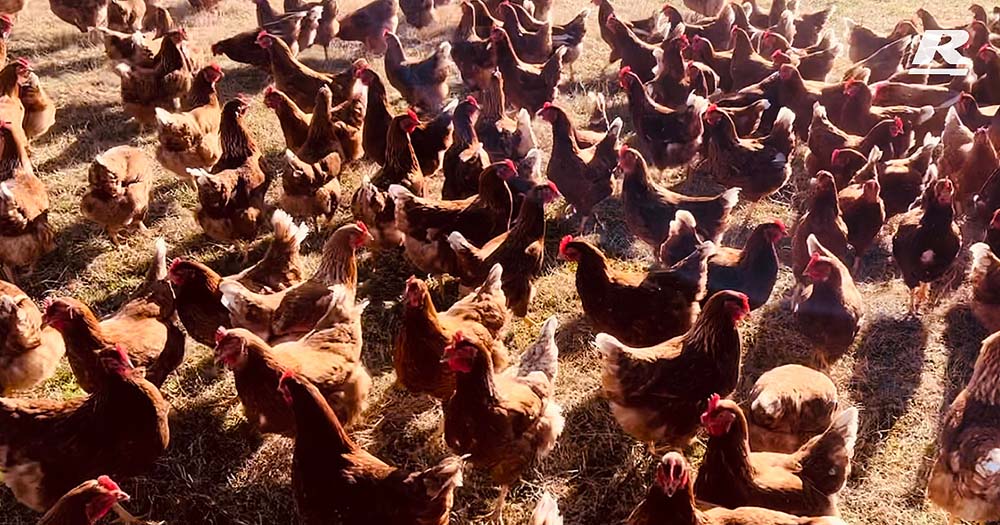Heat Stress in Poultry
Part 2: Nutritional solutions to reduce heat stress
Heat stress acts negatively on regulatory metabolism and general homeostasis and impairs the function of the digestive system. Reduction in poultry feed supply intake is one of the commonest reactions to heat stress and thus limits production of metabolic heat due to digestion, absorption, and nutrient metabolism. Feeding strategies and dietary interventions can help relieve heat stress effects on poultry. Increasing dietary energy and nutrient density can counterbalance decreased feed consumption of heat stressed birds. Moreover, researchers have developed feed supplements aimed at promoting gastrointestinal (GI) health which is a mainstay for the continued health and productivity for modern livestock industries.
Nutritional solutions can help poultry to cope with heat stress. Firstly, they can reduce diet induced thermogenesis by selecting nutrients having a low heat increment. Secondly, they can provide birds with specific bioactive nutrients that correct the physiological dysfunctions associated with heat stress.
Even though some feeding strategies are difficult to implement in the field, especially with intensive rearing systems and free-range production several methods have shown beneficial effects on reducing heat load in poultry.
Increasing dietary lipid concentration and ensuring that crude protein level is adequate relative to energy concentration recommended to compensate for feed intake reduction.
An increase in the density of some amino acids, such as methionine and arginine, to meet the increased amino acids requirements for maintenance functions could also be advantageous.
Increasing dietary electrolyte balance to compensate for losses by hyperventilation (panting) may be possible by increasing sodium and potassium. Furthermore, dietary supplementation of vitamin A, C and E can help in enhancing egg production, hatchability and fertility along with a reduction in egg breakage and mortality in laying hens raised in a hot environment.
In conclusion, supplementation of various dietary additives such as vitamins, minerals, probiotics and bioactive compounds also help in reducing the adverse effect of heat stress.
